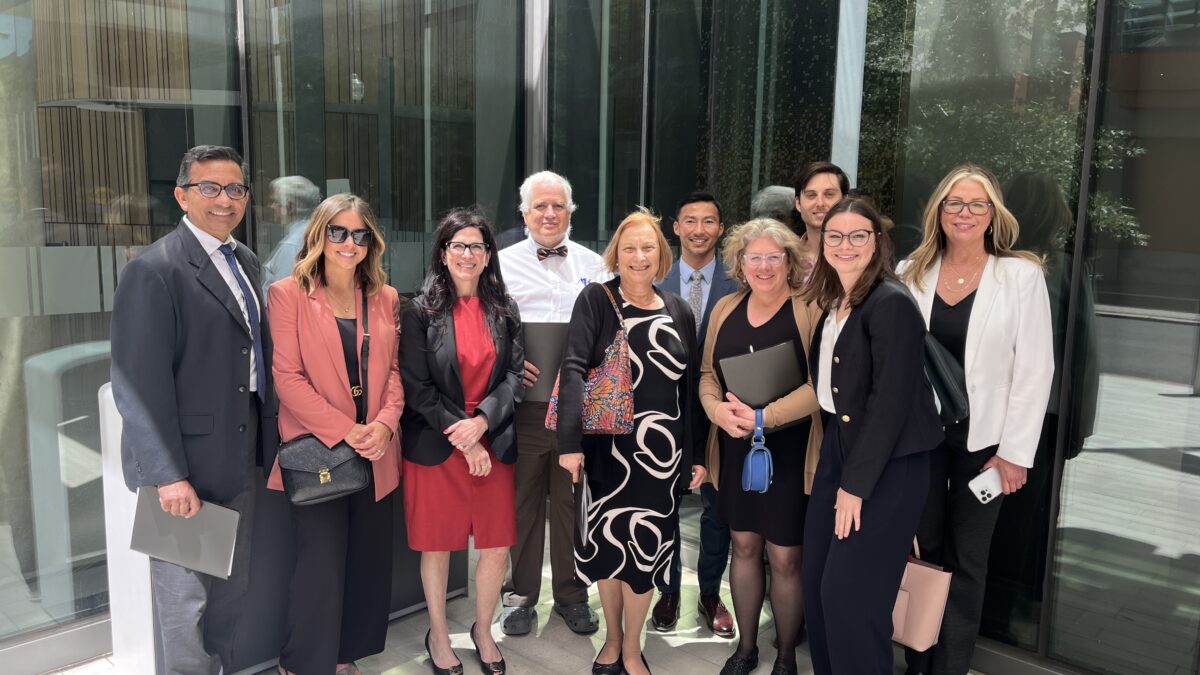It was a sunny day in Sacramento as seven doctors took to the state capital to advocate on behalf of their patients.
The group, members of the Alliance for Patient Access’ California State Chapter, sat with members of the Assembly and Senate to directly advocate for legislation that impacts the provision of patient-centered care. Among the issues discussed with Assemblymember Mia Bonta (D-Oakland), Chair of the Health Committee, Assembly Majority Leader Cecilia Aguiar-Curry (D-Winters), and other members of government were:
- The Obesity Treatment Parity Act, which would require health insurance policies to recognize obesity the same way as any other illness or medical condition.
- Pharmacy benefit manager reform to limit the middleman’s harmful tactics. Proposed legislation would prohibit pharmacy benefit managers from charging patients more than pharmacies are reimbursed – a tactic called price spreading. It would also forbid PBMs from steering patients toward specific pharmacies for pricing purposes and from collecting drugmakers’ discounts or rebates without passing those savings on to patients.
- Copay accumulator reform under consideration would require insurers to apply the value of third-party patient assistance programs to patients’ annual share of cost requirement. In many cases, these discounts, offered by drugmakers, are captured by the insurer, but do not apply against patients’ deductibles or cost sharing.
- A proposal limiting re-authorization requirements for dosage changes empowers health care providers to adjust the dosage and timing of medications to meet a patient’s specific needs without jumping through utilization management hoops like repeated prior authorizations. The change would give patients who are stable on a medication more rights to continue accessing it and using it in accordance with medical advice.
Clinicians as Advocates for Care
Doctors and nurses are especially effective advocates for government reforms that could affect the practice of health care. They are on the frontlines, listening to patients’ experiences and witnessing firsthand the adverse outcomes of coverage delays and denials.
“To see the faces of the staffers when we explained to them what our patients go through when having to wait for medications due to prior authorizations, reauthorizations and frank denials was both striking and gratifying,” said Salima Brillman, MD, who is the Director of the Parkinson’s Disease and Movement Disorders Center of Silicon Valley.
Many doctors also spend hours alongside their staff trying to navigate insurers’ administrative burdens so that patients can access the diagnostics and treatments they need.
It’s fly-ins, like the inaugural one in California, that enable providers to share their unique perspectives with lawmakers and to ensure patients’ best interests remain at the center of new health care legislation.
“I would encourage any practitioner to become involved with the AfPA,” Brillman added. “It’s through that platform that one’s voice really does get heard!”




